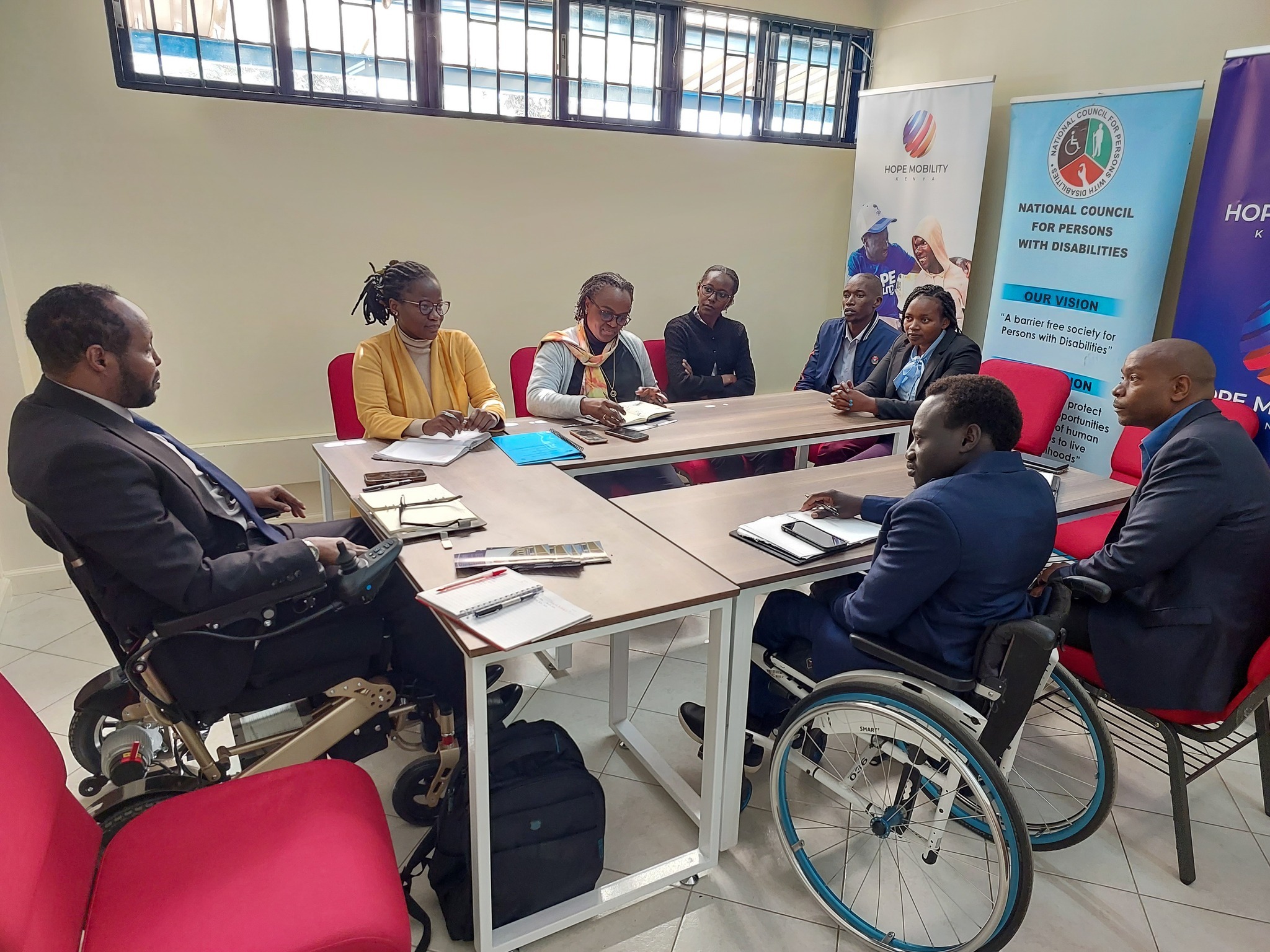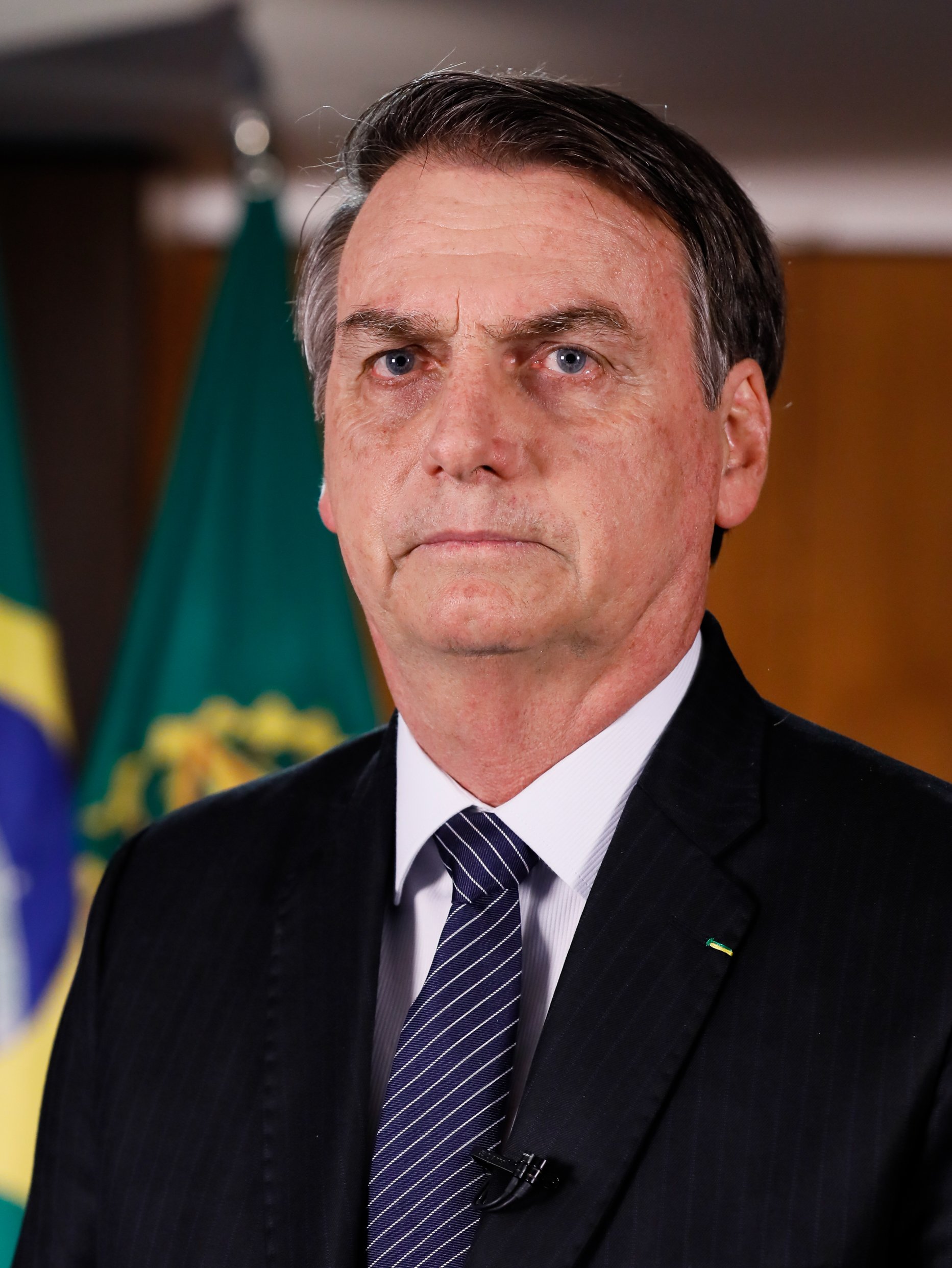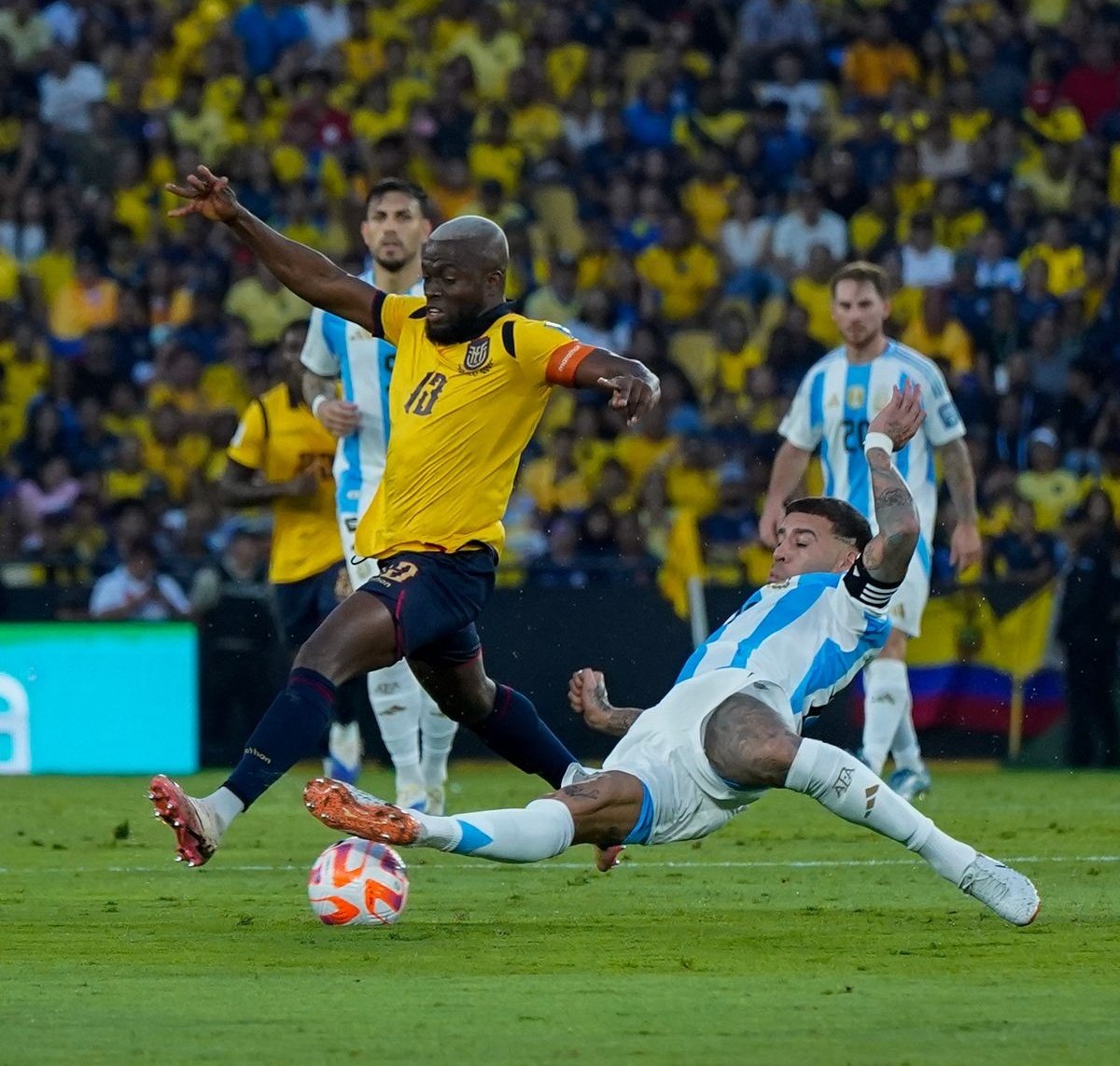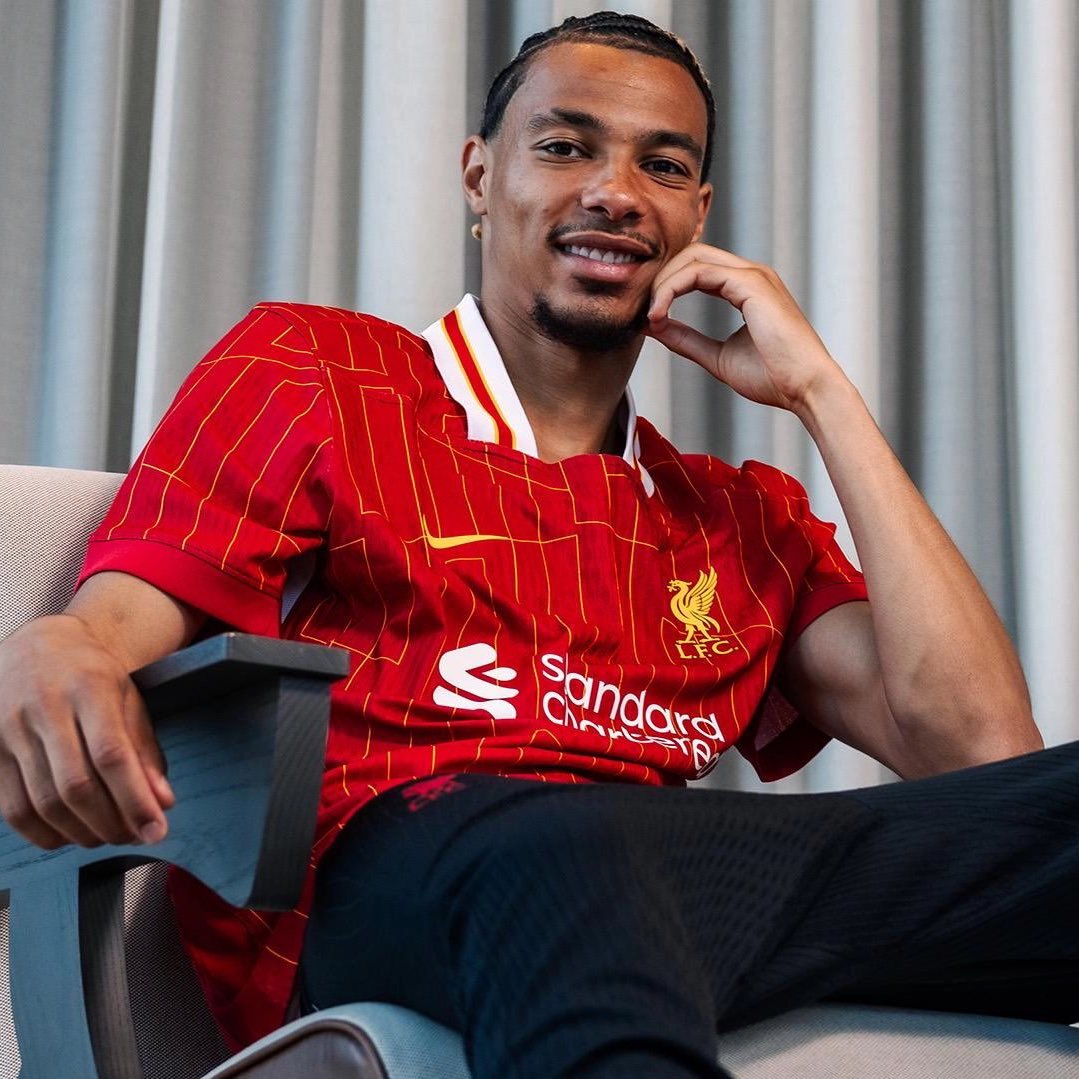NCPWD And HMK Partner To Provide Mobility Devices To Persons With Disabilities In Kenya

BY KNA's Hellen Lunalo
The National Council of Persons with Disabilities (NCPWD) and Hope Mobility Kenya (HMK) have partnered to provide mobility devices to persons with disabilities in Kenya.
Speaking during the signing of the agreement, NCPWD Executive Director Mr. Harun Hassan noted that the partnership would go a long way in addressing the needs of a large number of persons with disabilities who lacked the necessary assistive devices in the country.
“The devices that have been donated as a result of the agreement between the two parties will go a long way in supporting our programmes and services to persons with disabilities. We are grateful for the generous support we have received and it is very much in line with our strategy of engaging and collaborating with stakeholders and well-wishers to support the cause for disability inclusion,” he said.
The two organizations will collaborate in the identification and provision of mobility aids using the World Health Organisation’s eight steps of wheelchair provision i.e. referral and appointment, assessment, prescription, funding and ordering, product (wheelchair) preparation, fitting, user training, maintenance, and follow-up.
HMK Director Mr. Jack Muthui said the non-profit organization focused on the provision of a wide range of mobility aids including wheelchairs, walkers, crutches, and others to realize the rights enshrined in the United Nations Convention on the Rights of Persons with Disabilities and to meet the sustainable development goals.
“Wheelchairs provide mobility, postural support, freedom and above all else, dignity to those who cannot walk or have difficulty walking, enabling them to move around, participate in everyday activities and live life on their own terms. They are a vital asset that enables PWDs to have access to places and activities that would otherwise be inaccessible,” said Muthui.
The council that recently concluded a massive nationwide registration exercise for PWDs said they would go back to their database with a specialist assessment team of professionals across health, education, and social services, who would then visit the shortlisted persons to assess their individual needs before donating the wheelchairs.
The process may also involve a rehabilitation engineer who will make any adjustments or add features and fixtures such as special postural seating.
Over the years, the Council has collaborated with stakeholders to bridge the gap in providing services to persons with disabilities due to the challenges of insufficient financial resources, a challenge that is experienced by a majority of them.
The World Health Organisation report on health equity states that worldwide there are more than 1.3 billion people with disabilities representing 16 percent of the global population, with at least eight million people likely to require a wheelchair to assist their mobility.
Tags: Ncpwd Signstv Harun Hassan Hope Mobility Kenya Jack Muthui
Related
Share this article
Experienced and versatile writer, dedicated to using my exceptional writing and editing skills to inform and advocate. My work focuses on educating and entertaining readers on a range of topics, with a particular expertise in matters of disability.
View articles

